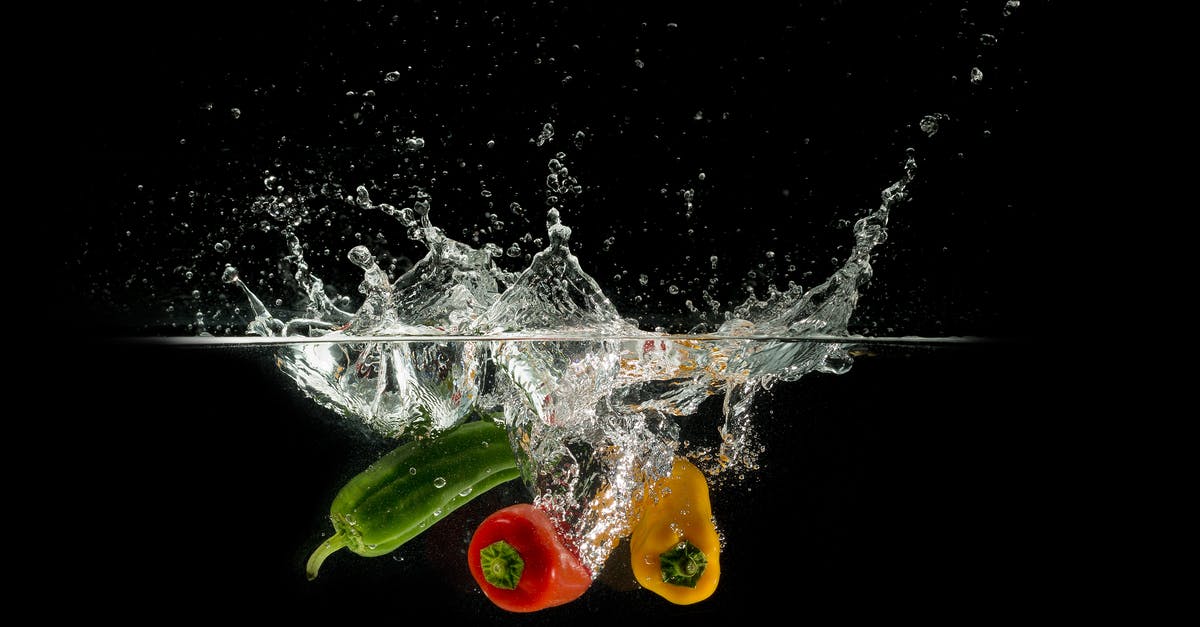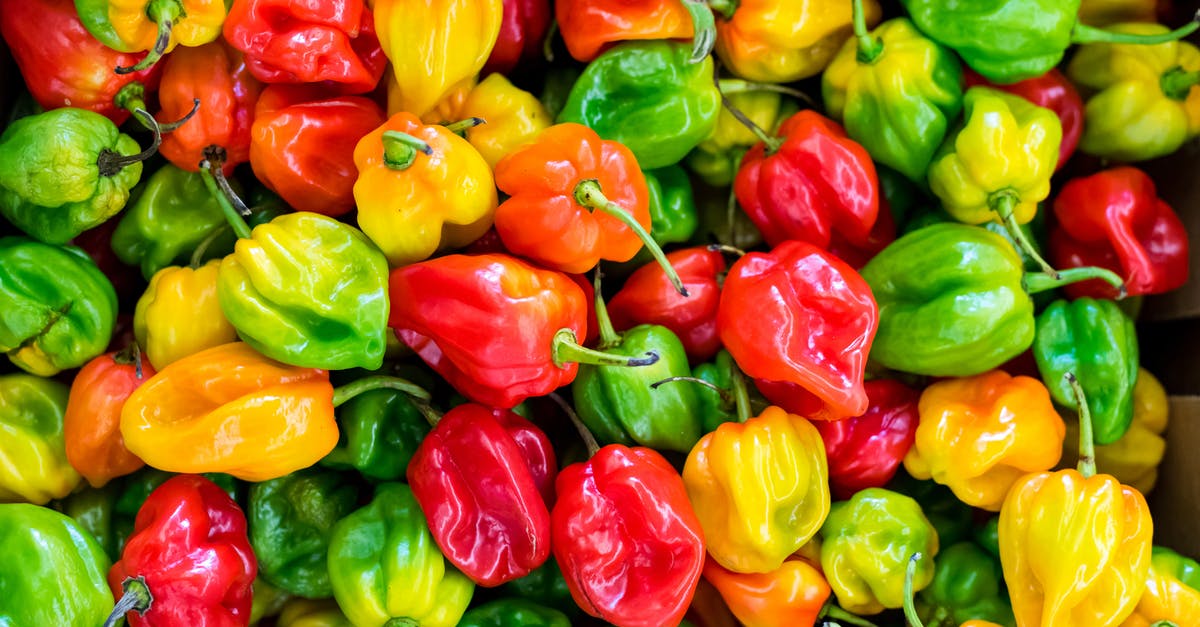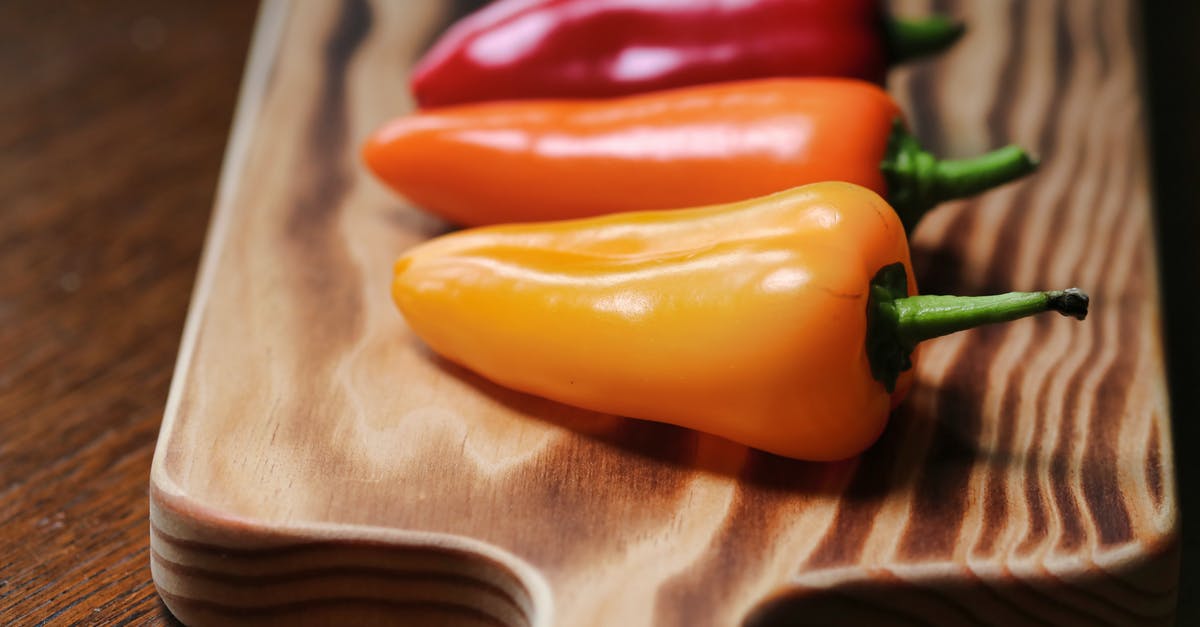Does peppers (capsaicin) actually burn?

I know that capsaicin just triggers a receptor TRPV1 that senses heat. Therefore makes you feel pain.
But, my question is, is it just a fake sensation or there is real heat involved?
Scenario 1
Eating spicy food in winter makes you feel warm.
Does that mean your temp is still the same but you just (mentally) feeling warmer?
Scenario 2
If you got peppers oils on your hands while cutting them and preparing food, your hands feel burning all day. Is it only an illusion? If we took thermal camera, would that spot look more "red" in the camera? Or it would be the same as the body?
Scenario 3
When you eat spicy food, you actually turn red. It's visible to the eyes. If we took your body temperature with an infrared thermometer, will it give higher reading than before eating? Or just normal?
Maybe it DOES heat but that's the body reaction to it? Like somehow the body is trying to get rid of excess heat through skin or something? I didn't fully think this part but that depends on if there is actually heat involved or not.
Edit (kinda answers my question)
So, I found this video
in which they used thermal imaging
and the person did get more red.
they said :
Superhot nuclear wings arrived. Almost immediately the heart rate increases, pumping more blood. Literally raising body temperature.
So, the pepper itself doesn't heat you directly.
But it raises heart rate.
Thus, increasing your temperature.
However, I also found that video.
It's in Russian, so, I don't understand what they are saying.
But, he put a pepper on his skin and chewed on one. The temperature of the spot didn't go up.
That was so interesting to watch.
Best Answer
The "heat" associated with capsaicin isn't something that would show up in thermal imaging. Spicy foods will not be warmer on your plate or in your mouth than a non-spicy item exposed to the same temperatures.
However, capsaicin can induce a response from your body that increases blood flow. Food (particularly spicy food), trauma/stress, and other experiences can result in dopamine and endorphins being released, which will increase blood flow within the body. Increased blood flow will cause affected body parts to become warmer.
When you're embarrassed and turn red, this is caused by increased blood flow to the surface of your face, which has a corresponding increase in the surface temperature of the skin on your face. The same can happen when you eat spicy food. However, your body's response is separate from the "hot" sensation that your body feels when it comes in contact with capsaicin. The "hot" feeling in your mouth (or eyes should you be so unfortunate), is not due to thermal heat--just your body interpreting similarly.
Pictures about "Does peppers (capsaicin) actually burn?"



Does pepper actually burn?
Can peppers actually burn your mouth and cause damage? In short, spicy peppers do not cause any actual tissue damage like a real burn would. The capsaicin molecule binds with pain receptors, imitating the sensation of a burn. Highly-sensitive individuals may want to avoid spicy food.Do hot peppers actually burn your mouth?
And hot-hunters are safe in the knowledge that although capsaicin, the spicy molecule in hot peppers, is activating receptors in pain neurons in their mouths, it's not really causing any damage.Why does capsaicin burn on the way out?
As it passes through your digestive tract, it triggers TRPV1 receptors, which is why some people experience cramps or an upset stomach after eating something particularly spicy. By the time the digested food reaches your anus, there's still capsaicin in the food waste and your butt feels the burn.Can capsaicin burn skin?
You may have some skin redness, burning, or a stinging sensation at the application site. Heat, humidity, bathing in warm water, or sweating may increase the burning sensation. If this irritation is severe or does not go away, call your doctor. Your skin may be more sensitive to heat and sunlight.Do Spicy Foods Help with Fat Loss?
Sources: Stack Exchange - This article follows the attribution requirements of Stack Exchange and is licensed under CC BY-SA 3.0.
Images: Pixabay, Ivan Torres, Nick Collins, Vanessa Loring
